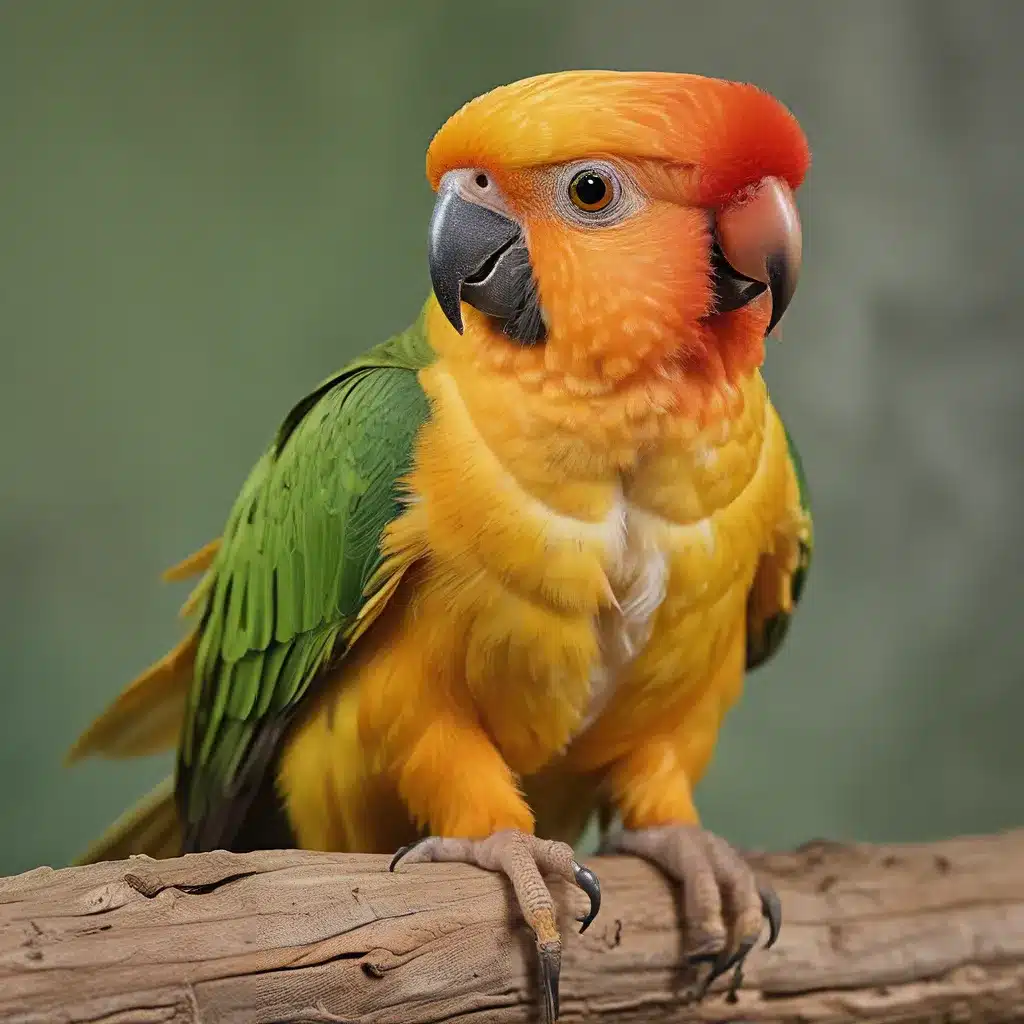
Ah, the allure of the exotic pet – those mesmerizing creatures that capture our hearts and imaginations. Who hasn’t dreamed of cuddling a fluffy kinkajou or admiring the vibrant plumage of a scarlet macaw? But before you take the plunge into the world of exotic pet ownership, have you considered the hidden costs, both financial and ethical?
Exotic Pets: A Costly Commitment
When it comes to exotic pets, the initial price tag is just the tip of the iceberg. These animals have complex needs that can quickly drain your wallet. Take, for example, the humble bearded dragon. Sure, you can snag one for a few hundred bucks, but then you’ve got to factor in the specialized habitat, lighting, heating, and a diet of live insects. Suddenly, you’re looking at a monthly budget that could rival a car payment. And that’s just for a relatively “easy” exotic pet!
Did You Know? The annual cost of caring for a chimpanzee can range from $15,000 to $60,000, depending on the level of care required.
Now, let’s talk about the really exotic ones, like primates or large reptiles. These animals require meticulously designed enclosures, custom-formulated diets, and round-the-clock veterinary care. And let’s not forget the cost of insurance – because let’s be honest, a 200-pound python could give your homeowner’s policy a run for its money.
Golden Exotic Pets has an entire section dedicated to the financial realities of exotic pet ownership, but I’ll let you in on a little secret: the sticker shock doesn’t end there.
The Ethical Minefield of Exotic Pets
Ah, the ethical quandary of exotic pet ownership. It’s a topic that can make even the most ardent animal lover squirm uncomfortably. After all, these creatures were born to roam free in the wild, not be confined to a living room terrarium. So, what’s the big deal?
Well, my friend, it’s a complex issue that goes beyond just the animal’s wellbeing. You see, the exotic pet trade is fueling a global crisis, with millions of wild-caught creatures being snatched from their natural habitats each year. This decimation of wild populations can have devastating ecological consequences, disrupting delicate food webs and robbing future generations of the chance to witness these amazing animals in their natural splendor.
Food for Thought: Parrots, the world’s most endangered family of birds, are being driven towards extinction due to the insatiable demand for exotic pets.
But the ethical dilemma doesn’t stop there. Once these animals are plucked from their homes, the journey to your living room is often fraught with suffering. Cramped shipping crates, unsanitary conditions, and a lack of veterinary care claim the lives of countless creatures before they even reach their final destination.
And let’s not forget about the animals that do make it to your doorstep. These exotic pets, despite their captivating charm, are woefully ill-equipped to thrive in a domestic setting. Their complex behavioral, social, and nutritional needs are often beyond the capabilities of even the most well-intentioned pet owner.
Cautionary Tale: Chimpanzees, our closest living relatives, are highly intelligent and social animals. When kept as pets, they can unexpectedly cause severe injury when their natural instincts trigger fear, aggression, or other powerful responses.
Responsible Alternatives to Exotic Pets
So, what’s an animal-loving, adventure-seeking pet owner to do? Thankfully, there are plenty of responsible alternatives to exotic pet ownership that can satisfy your craving for the unusual without the ethical baggage.
Domestic Pets with a Twist: Sure, the classic dog or cat is always a safe bet, but have you considered the joys of owning a domestic rabbit or a bearded dragon? These animals still offer that “exotic” flair, but with the added benefit of being better suited to life in a human home.
Captive-Bred Exotics: If you’re truly set on owning an exotic pet, do your due diligence and seek out reputable breeders who specialize in captive-bred animals. This helps ensure that your new scaly or feathered friend hasn’t been plucked from the wild, and that their specific needs can be met.
Volunteer at a Rescue or Sanctuary: Can’t commit to a pet of your own? Consider volunteering at a local animal rescue or exotic pet sanctuary. Not only will you get to interact with incredible creatures, but you’ll also be contributing to the critical work of providing safe havens for animals in need.
Conclusion: Embrace the Exotic, Responsibly
Exotic pets may be the stuff of dreams, but the reality is often far more complicated. Before you bring home that mesmerizing kinkajou or striking scarlet macaw, take a step back and consider the hidden costs, both financial and ethical.
Remember, these animals are not decorations or novelties – they are living, breathing creatures with complex needs that often far exceed our ability to provide. So, if you’re truly passionate about the natural world, consider alternative ways to satisfy your craving for the extraordinary, like supporting conservation efforts or visiting accredited zoos and sanctuaries.
After all, the true magic of the exotic lies not in our living rooms, but in the vast, untamed wildernesses that these animals call home. Let’s work together to ensure that future generations can marvel at the wonders of the natural world, just as we have been so fortunate to do.

